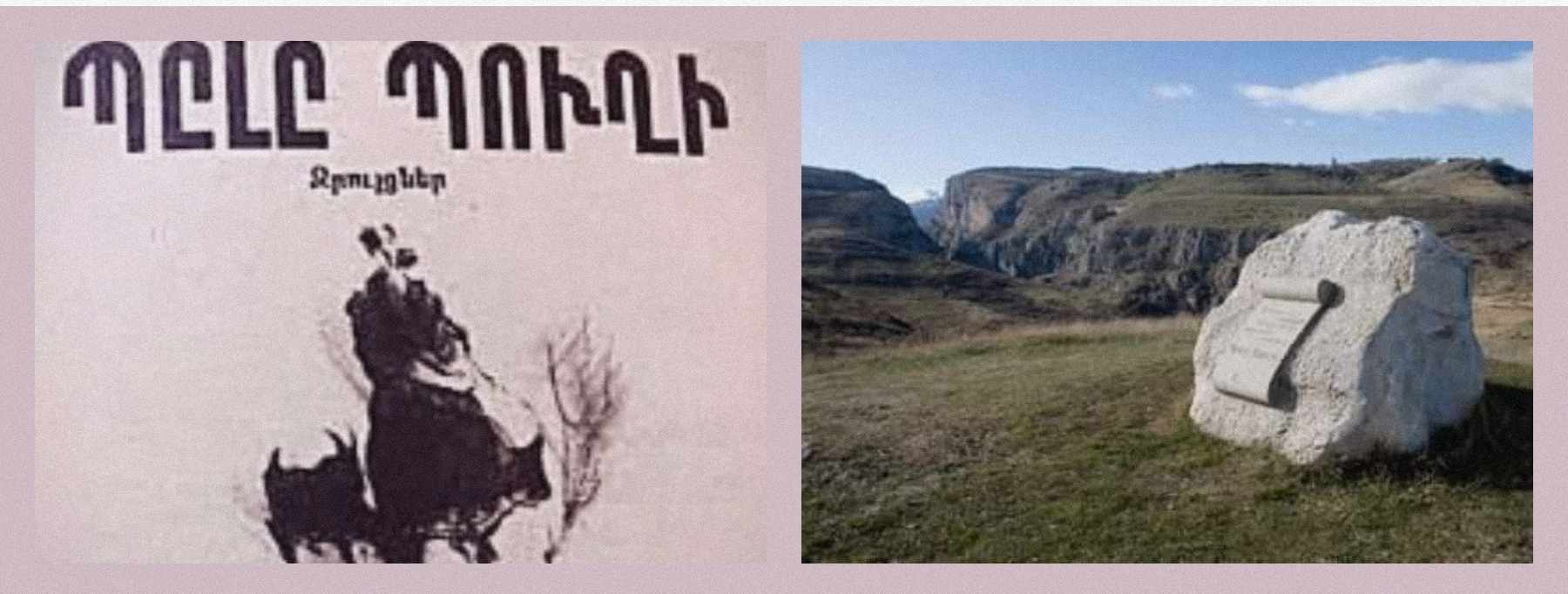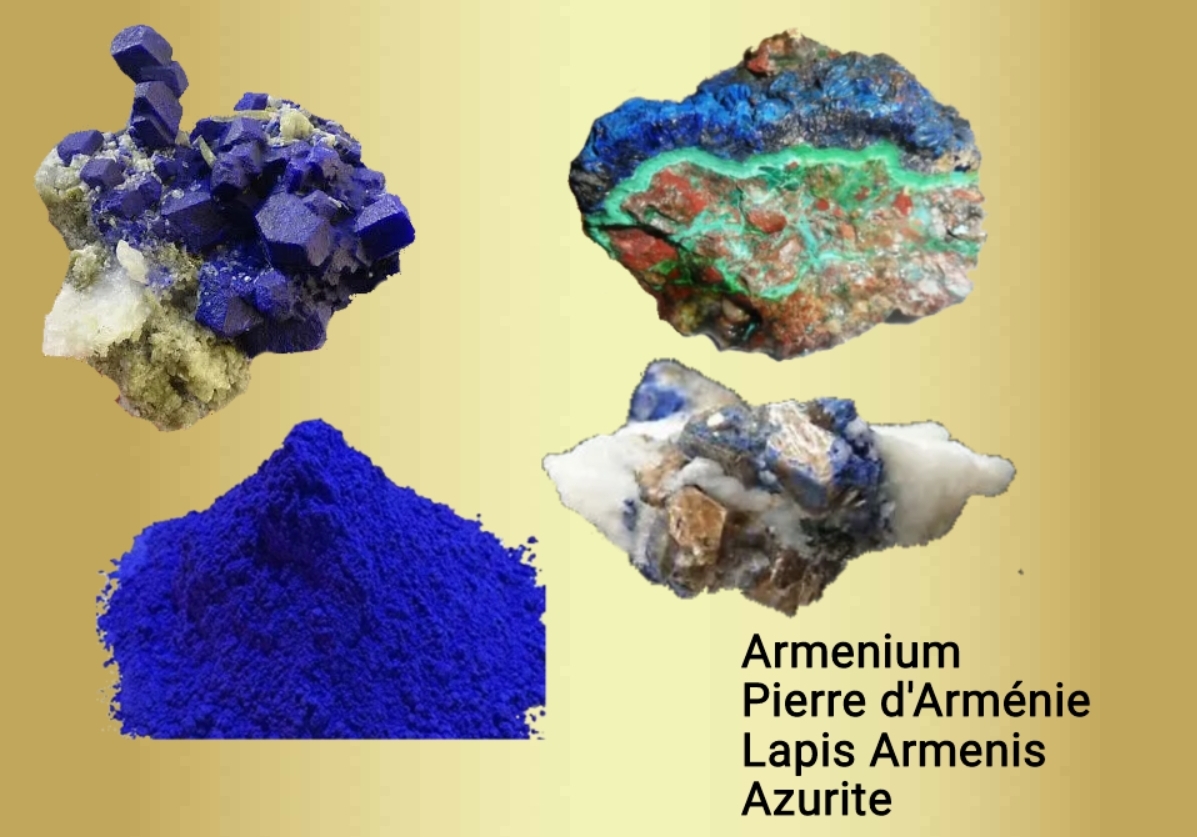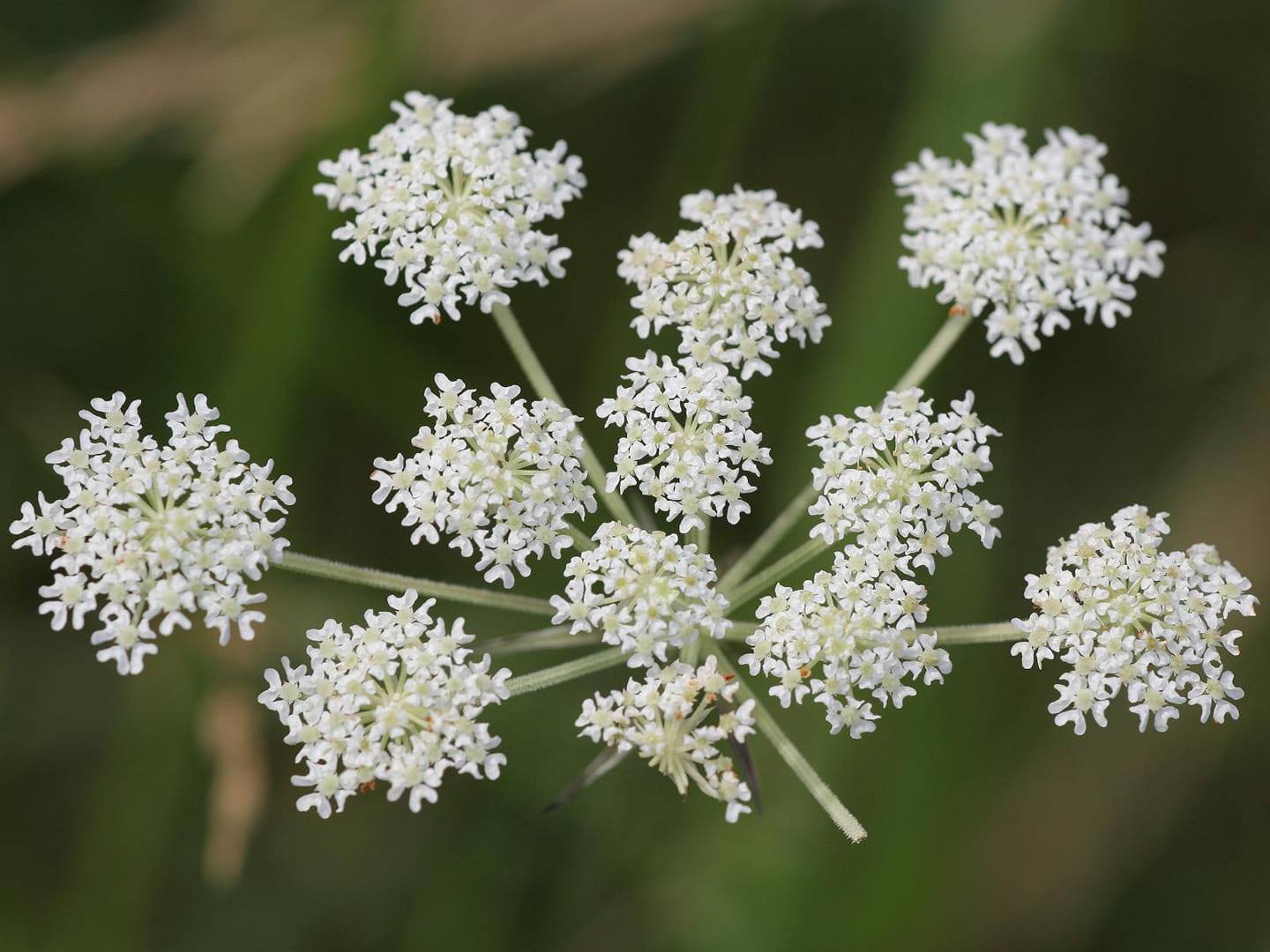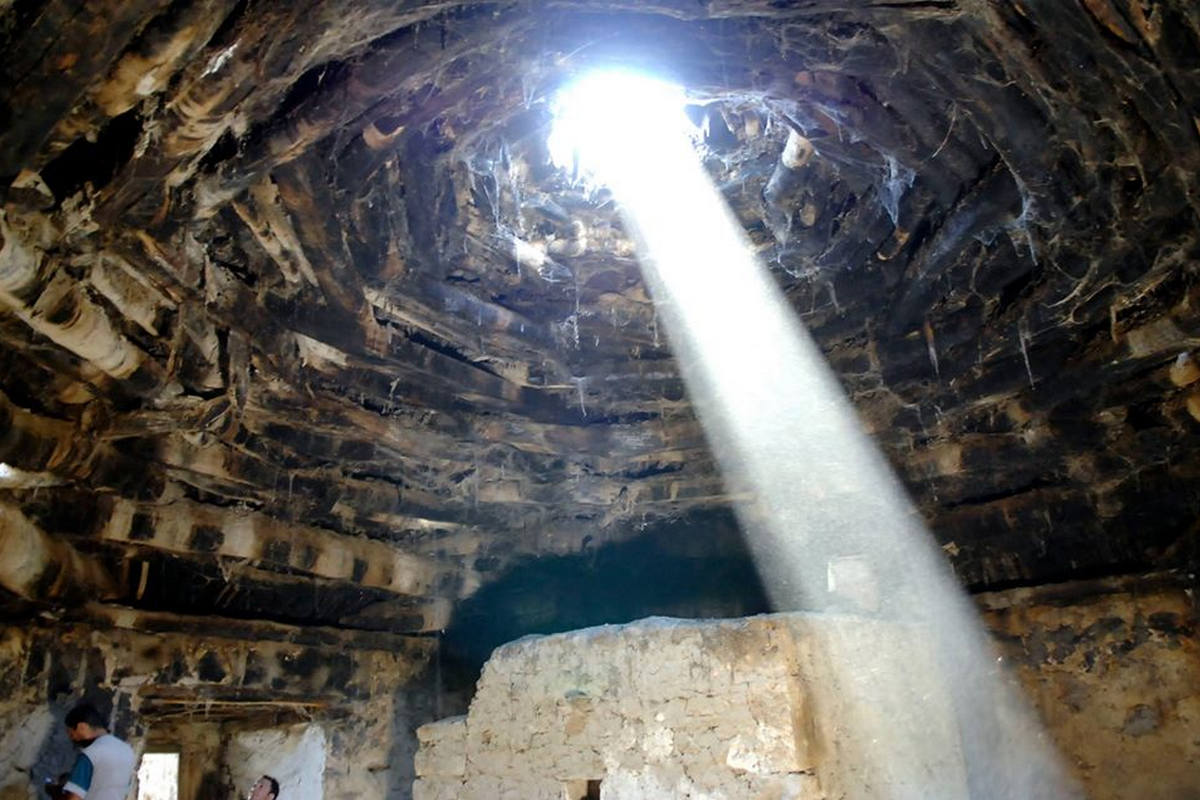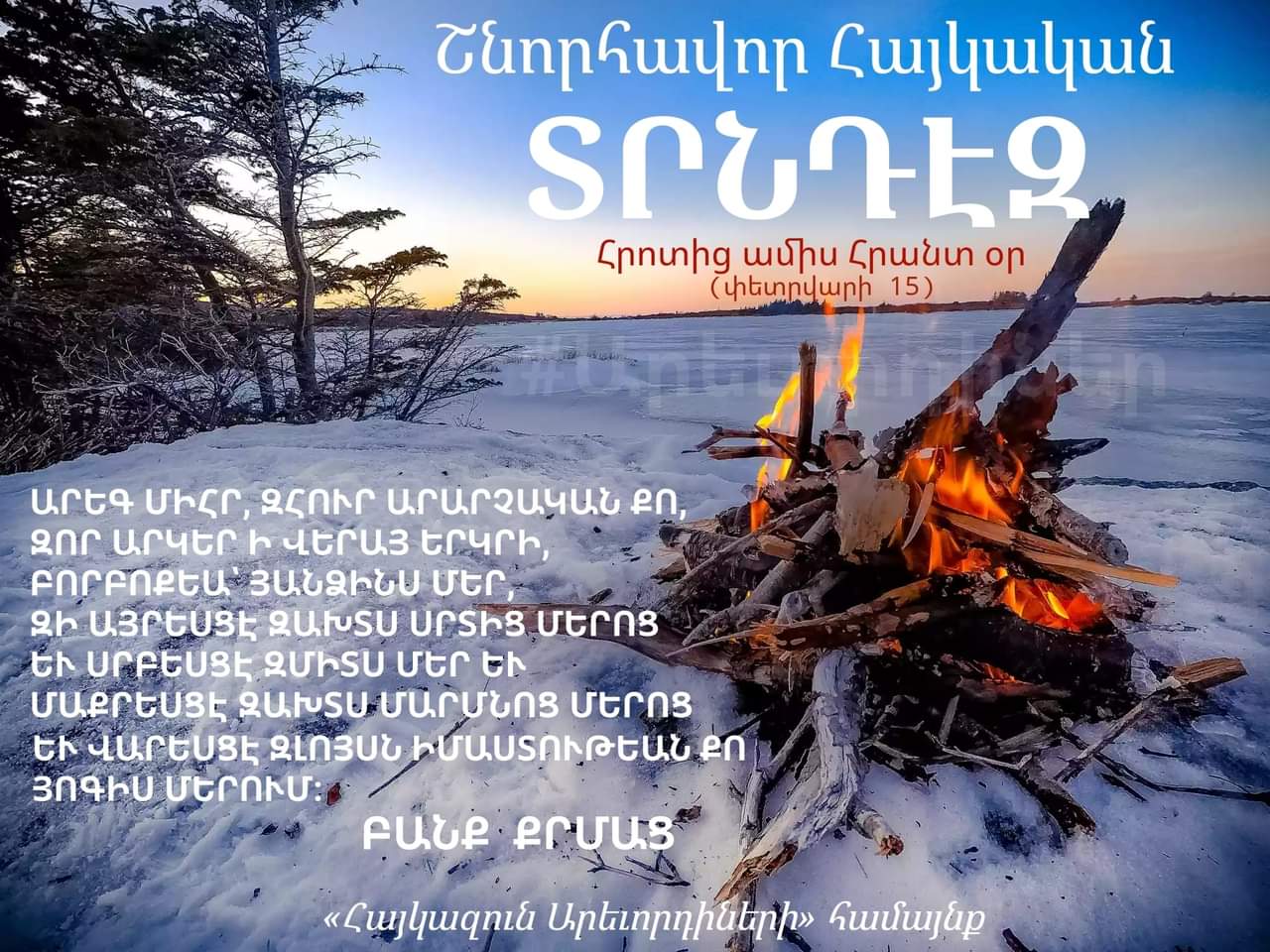“We are an astonishingly cheerful people.”
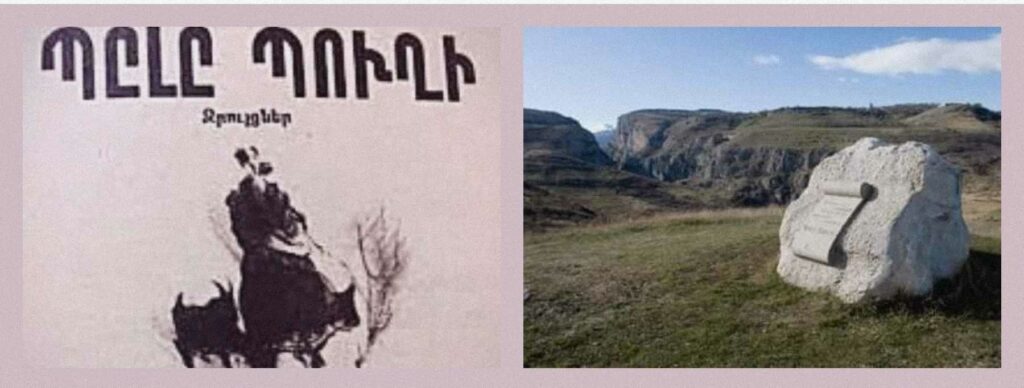
“We Armenians are an incredibly joyful and life-loving people, and I deeply believe in this. No act of barbarity or violence can ever break the powerful Armenian spirit, which always strives toward Light.” (H. Tumanyan)
One of the treasures of Armenian folklore is its rich oral tradition, full of humorous characters and anecdotes, a unique reflection of the nation’s culture and spirit.
For centuries, across Armenia’s regions, traditional celebrations have been enriched with witty jokes, clever exchanges, and comedic songs, showcasing the Armenians’ cheerful nature and optimistic worldview.
“One of the most famous humorists is Pel (the Mad, the Eccentric) Poghin from Artsakh. His folkloric counterparts include Poloz-Mukuch from Shirak, Hobos from Lori, and Uncle Ginos from Kapan. These figures embody the collective character of the people from their regions. Typically, individuals whose actions fall outside societal norms or expectations are nicknamed ‘mad’ or ‘eccentric.’”
Funny stories and witty tales about fellow villagers or nearby communities are common across Armenia, often sharing similar themes.
“For instance, in one tale, Hobos sees five or six goats entering Tsutsruk’s narrow field. The smallest goat, a white one, angers him most. He grabs it, gives it a good beating, and scolds:
‘Hey, you fool! Let’s say the young goats don’t know better, but you, with your white fur as bright as old Varo’s beard—don’t you get it? This field isn’t yours! Did your father work it, or did you?’
This comedic scenario is a recurring theme in Armenian folklore, appearing in other regions as well.
For example, in Syunik:
‘Some goats wandered into Parso’s vegetable garden. Grabbing a stick, Parso began beating the white goat.
– Parso, why that one?
– The young ones don’t know better, but this one, with its white beard, should understand it’s wrong to trespass into someone else’s garden!’” (From Suren Hobosyan’s article “The Lori Humorist Hobos”).
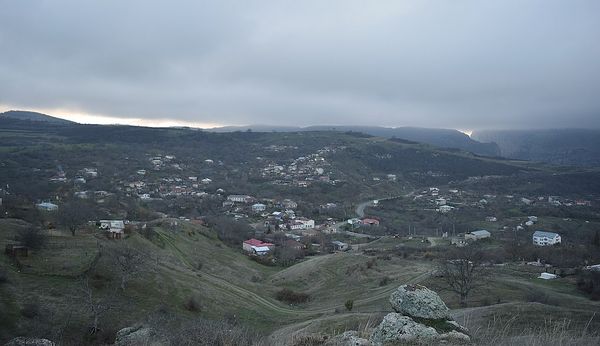
The witty tales of Pel Poghu, the storyteller and advisor to Melik-Shahnazar, the ruler of Varanda in Artsakh, were popular not only in his region but also in Syunik, Ijevan, and the Ararat Valley.
“When Pel Poghu, known for his humor, was sent to Persia for discussions on important political matters, his unconventional appearance and attire raised doubts among the neighbors. They asked skeptically, ‘Was there truly no respectable person in Karabakh to send?’ With composure, Pel Poghu replied, ‘Of course, we have respectable people in Karabakh. But in Karabakh, we send respectable people to meet respectable people.’”
(From T. Hayrapetyan’s article, “The Socio-Political Satire of Karabakh’s Storyteller Pel Poghu,” citing personal notes from Artsakh, notebook No. 1, 1999).
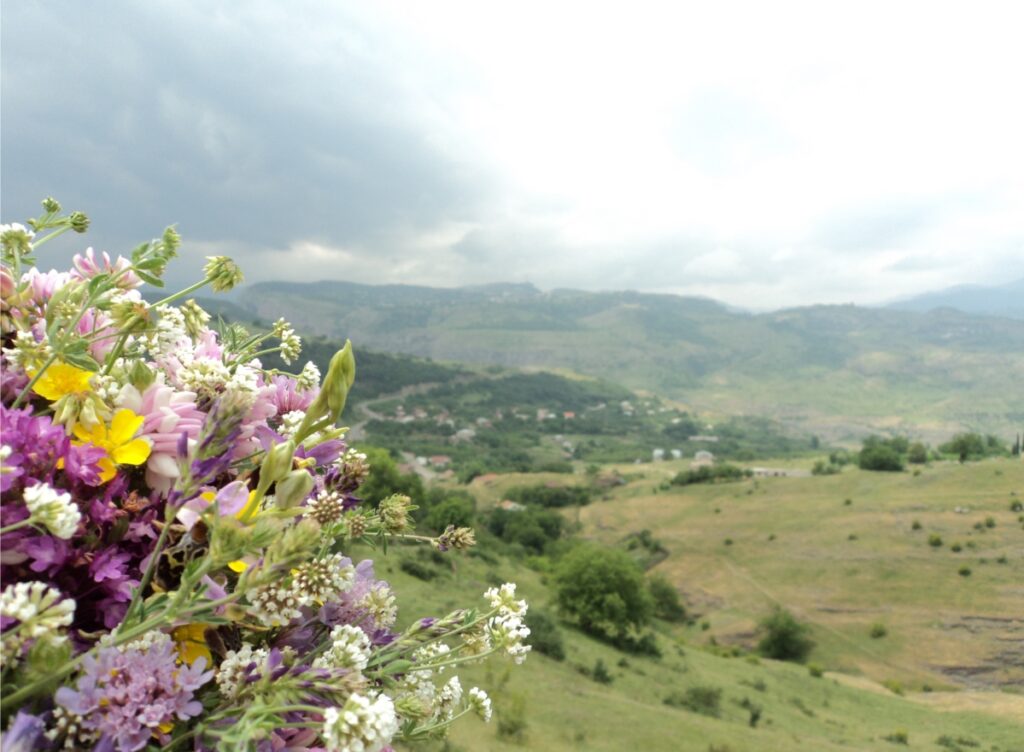
“Pel Poghu, make a list of all the fools in our melikdom and bring it to me,” Melik Shahnazar ordered.
“Right away,” replied Poghu.
Soon after, he brought the list with Melik Shahnazar’s name at the top.
“Pel Poghu, are you out of your mind? What is this? Are you calling me a fool?”
“If you weren’t, would you give the Shah of Persia a whole donkey-load of gold?”
“But he’ll return it!”
“If he returns it, I’ll erase your name and write his instead.”
“In the good old days, when Poghu owned a donkey, a man came and said:
‘Poghu, lend me your donkey today to fetch some wood from the forest.’
‘I would, but the donkey isn’t home,’ replied Poghu.
At that moment, the donkey brayed from the stable. The man said, ‘Didn’t you say it wasn’t home?’
‘It’s not home!’ Poghu yelled. ‘How rude of you! You trust a donkey’s word over mine?’
‘Pel Poghu holds a special place in my heart and soul. His parables and humor have stayed with me since childhood, and I still cherish them today. I’ve visited his birthplace in Karabakh many times and kissed the soil that has given us, along with so much else, the Armenian Aesop: Pel Poghu.’” (Sero Khanzadyan)
For centuries, Armenians have used humor not only to entertain but also to teach valuable lessons. Folklorists have collected countless witty tales from regions like Vaspurakan, Shatakh, and Kajet. These stories often reflect the unique perspectives and mindsets of the local people.
“In Kajet, they say the spring water was ‘crooked,’ and whoever drank from it became ‘crooked’ too.
One day, a Kajetsi loaded his donkey with goods to sell in the city. When they reached a muddy section of the road, the donkey refused to step in and took a dry path instead. The Kajetsi, impressed, said:
‘My donkey is smarter than me. Why should I bother going to the city and tiring myself out? Let it go, sell the goods, and return with what’s needed!’
So, he let the donkey go and returned home. When the donkey didn’t come back, he started asking around.
A man mocked him, saying:
‘Your donkey must have gone to Gavash to see the Pasha!’
Believing this, the Kajetsi went to the Pasha’s palace. The guards stopped him.
‘What do you want?’ they asked.
‘I want to see the Pasha about my donkey!’
The guards wouldn’t let him in, but the Pasha came out to see what the fuss was about.
The Kajetsi ran up, grabbed the Pasha’s ear, and said:
‘Hey! Where’s my donkey? Did you sell the goods or bring them back, Pasha?’”
